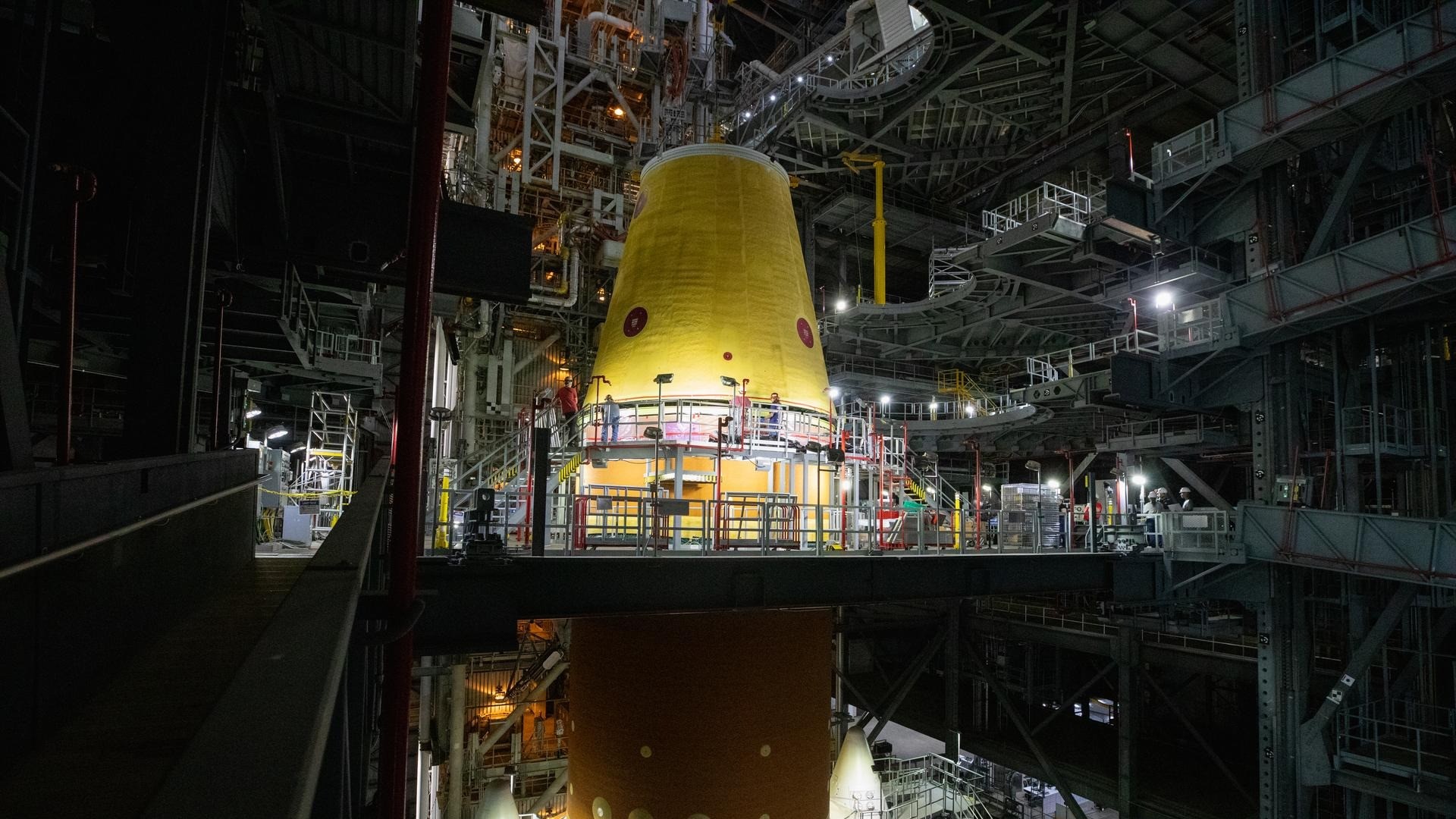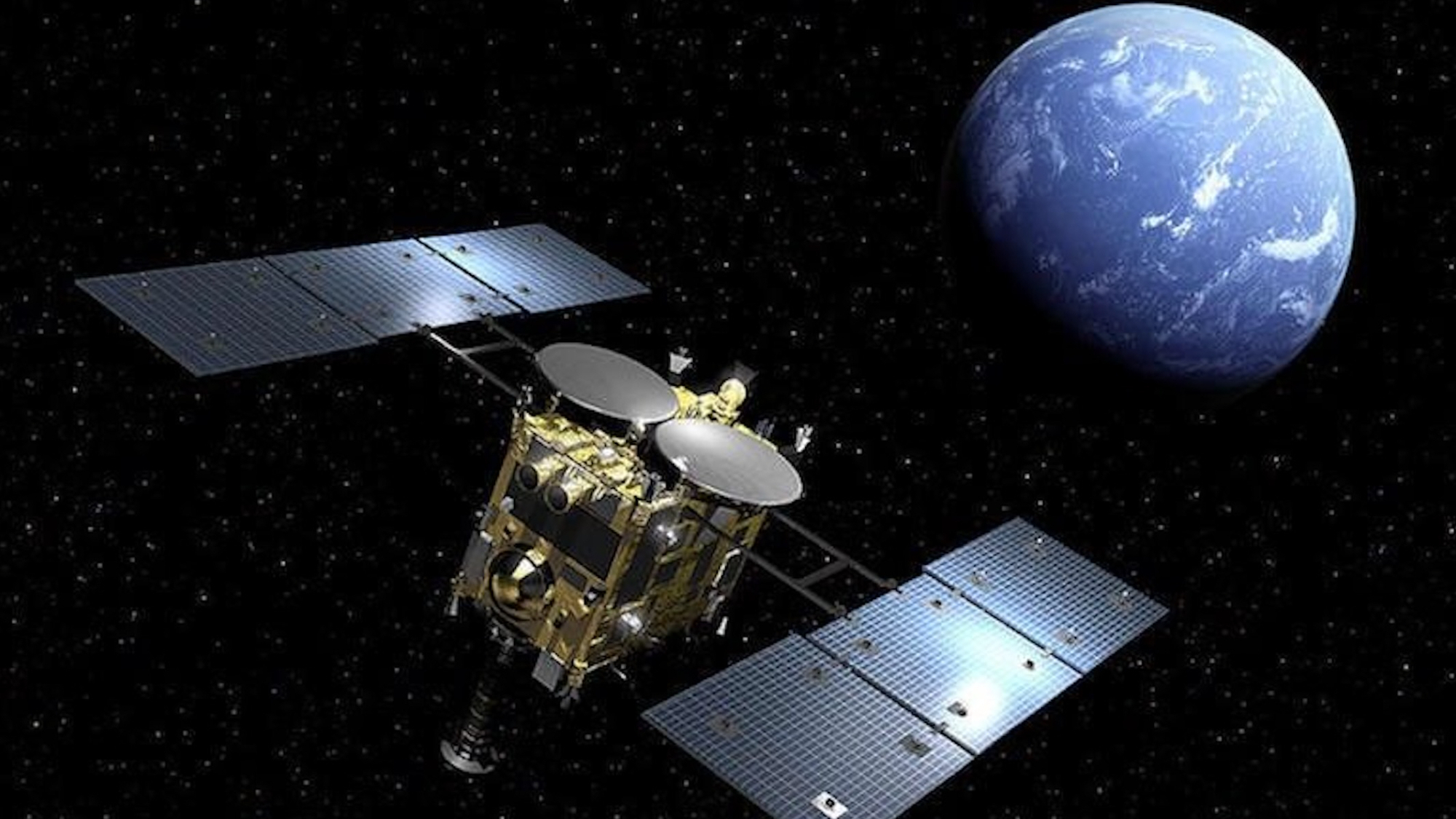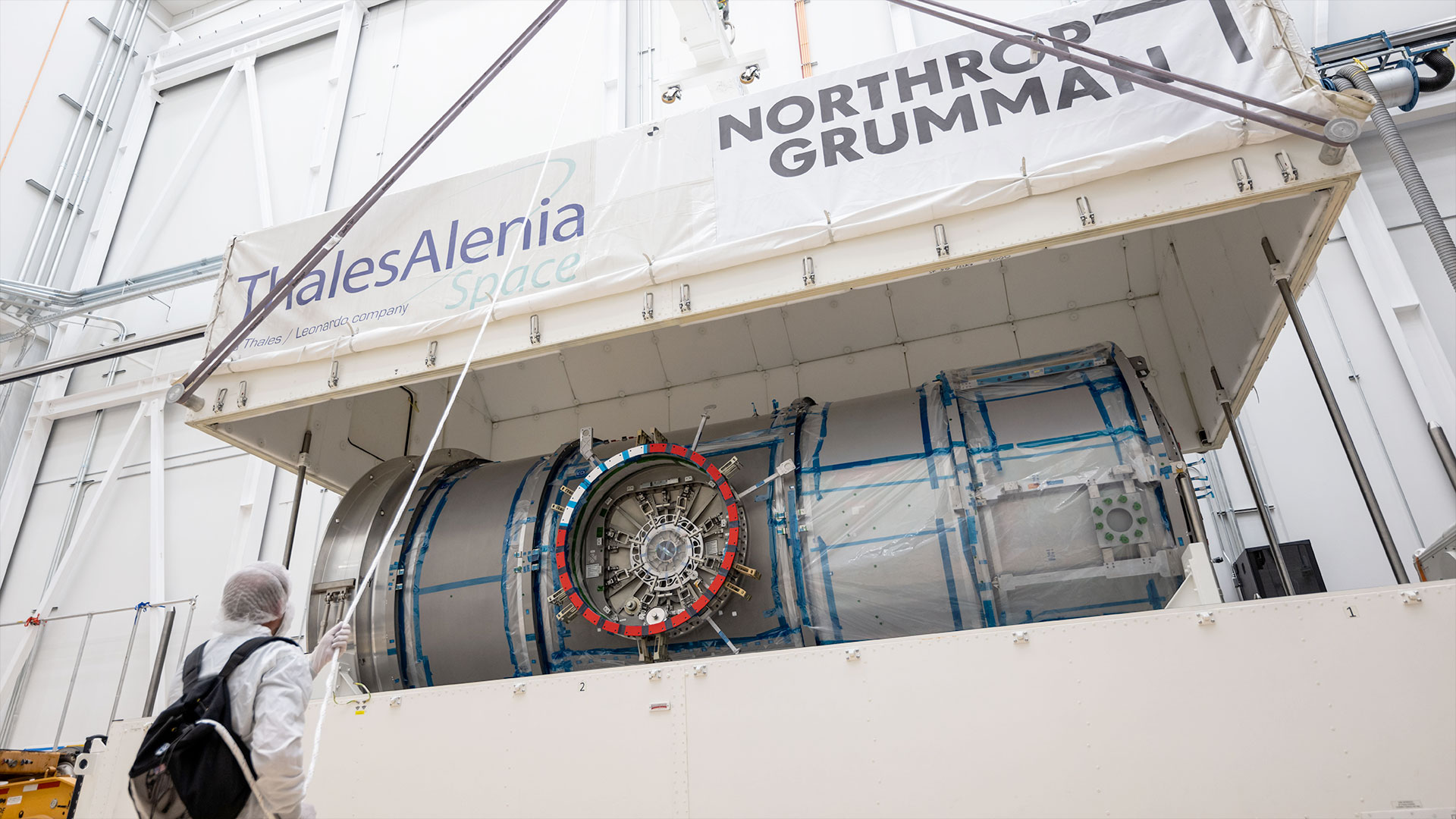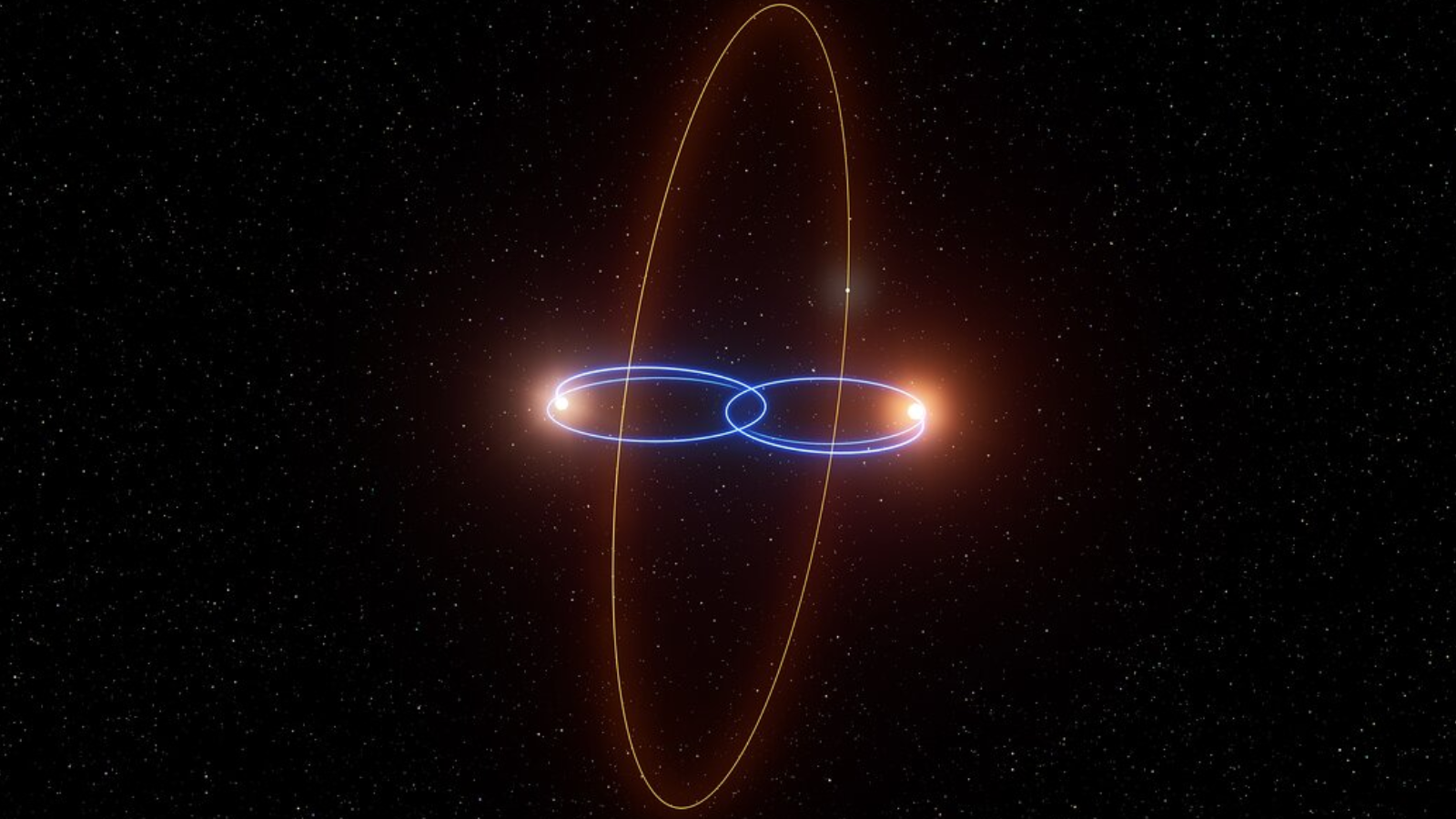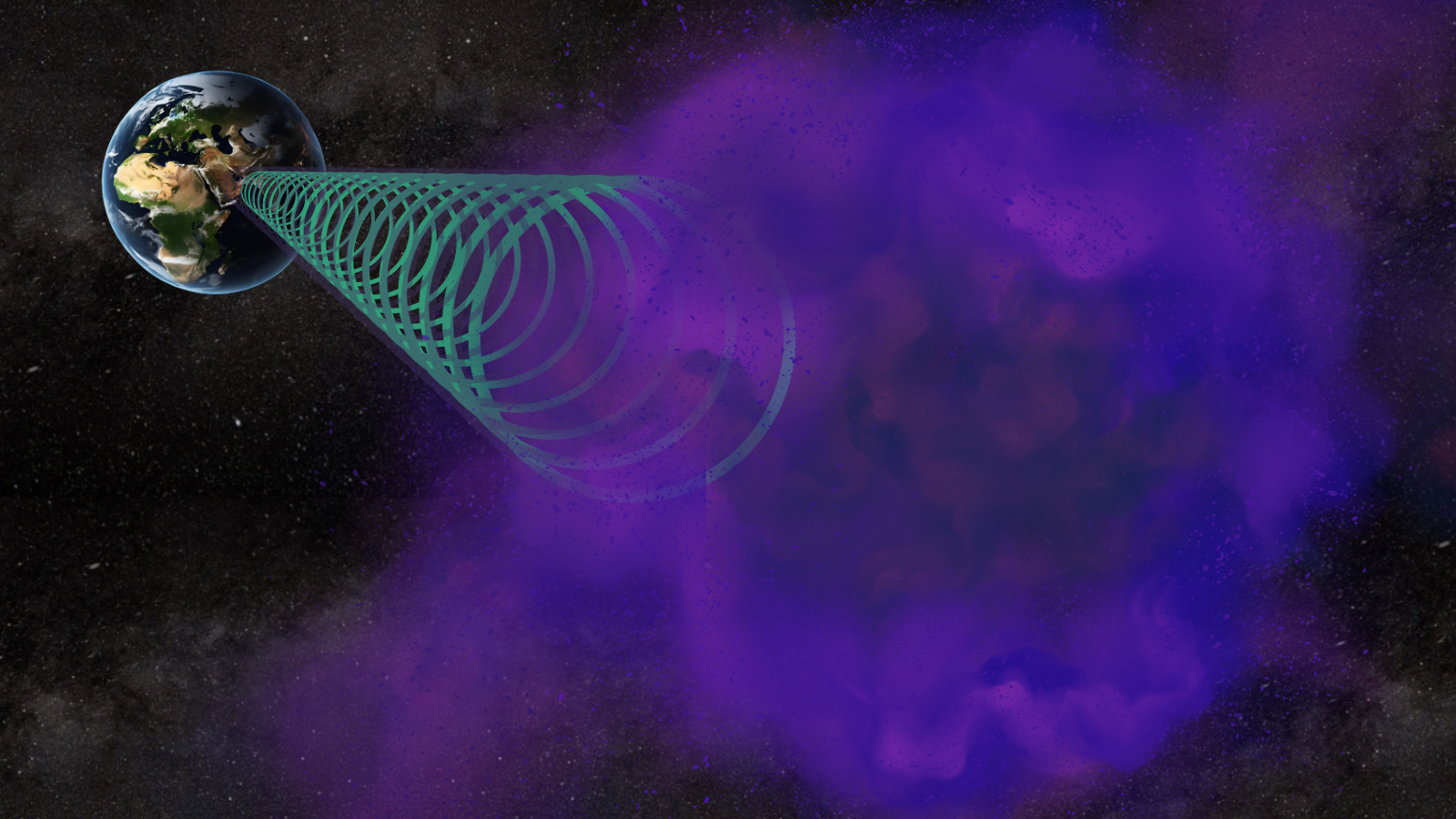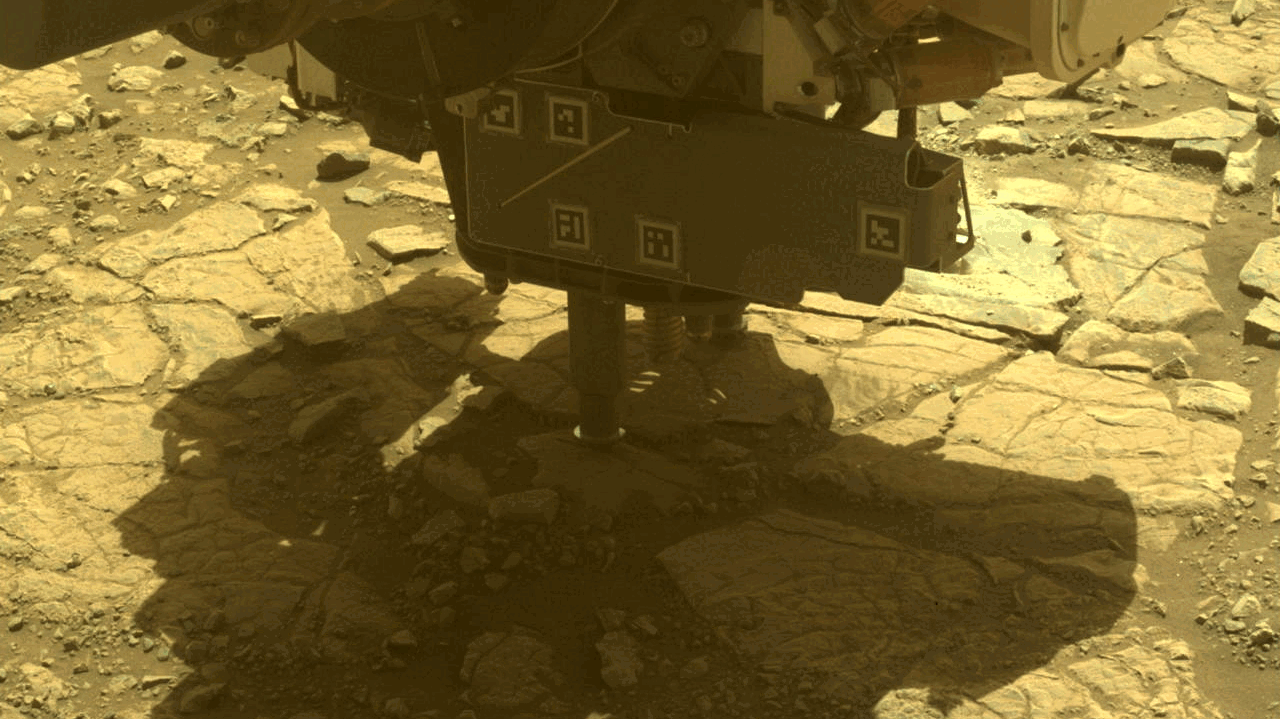'Venus: Death of a Planet': New 'Cloud Cities' documentary series imagines humans on the hellish world
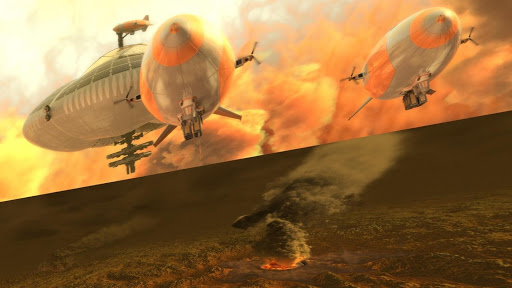
Venus is the once and future twin of Earth. There could be life there now. The cloud-shrouded planet's hellish conditions calibrate climate change on Earth. Humans could someday build floating cities in Venus' atmosphere and perhaps even terraform the entire planet.
That's the surprising through-line of a new documentary series streaming on MagellanTV, composed of a 50-minute main feature, titled "Venus: Death of a Planet," and a suite of shorter episodes under the title "Exploring Venus." I'd recommend watching them in this order:
- "Venus: Death of a Planet"
- "Cloud Cities of Venus"
- "Venus: Doing Science in Hell"
- "Is There Life in the Clouds of Venus?"
- "Venus: Warnings of a Doomed Planet"
This suite of films takes the long view: From the creation of the paired planets, through the history of human awe of Venus, to the present-day science, onward into future missions and, someday, settlement of the planet's atmosphere and its orbital space. The project was written and directed by filmmaker (and self-described "space geek") David Sky Brody for Thomas Lucas Productions.
Video: "Venus: Death of a Planet" - Trailer
Related: Don't ignore Venus: Earth's twin hides surprising opportunities (op-ed)
The production interviewed 10 experts in science and engineering; all Venus-specialists from NASA and the space-academic community. They bring broad authority to the narrative, though they don't always completely agree. In these times of isolation, it's nice to be taken behind the scenes into labs and NASA centers to meet the real personalities on the inventive frontier of discovery. These folks each have a knack for friendly, inspiring illumination. Let them introduce you to the Venus you've never known.
It's also a thrill to escape our Earthly quarantine and launch into the landscapes and cloud contours of Venus. The show is rich with custom 3D animations by "astro-artists" Mark Garlick, Jim Arthurs and Nick Stevens. There are very few actual pictures from the surface of Venus because no spacecraft has lasted longer than about two hours in the extreme heat and atmospheric pressure there. It's the hottest place in the solar system besides the sun itself. But there is plenty of radar and other data from which the filmmakers have envisioned the Venus you would see if you could stand to stand there.
The short film "Cloud Cities of Venus" lifts you off that hellish surface and into a possible future. About 30 miles (48 kilometers) up, the temperature has dropped to that of a warm spring day at sea level on Earth. Fill an immense balloon with ordinary breathable air, and you could easily live in the Venus sky. The normal, human-friendly mix of oxygen and nitrogen is lighter than the surrounding carbon-dioxide atmosphere, so your life support gas mixture also makes your habitat float! If you want to venture outside, all you need is an air-tank and a thin suit to protect your skin from the sulfur dioxide clouds.
Get the Space.com Newsletter
Breaking space news, the latest updates on rocket launches, skywatching events and more!
Video: Lessons from Venus' climate catastrophe
Mission planners are developing exploration architectures that begin with robots on the surface, in the air and in orbit; and progress to crewed sorties into the planet's atmosphere. Eventually, a permanently staffed research outpost (like the Antarctic stations of Earth) might grow to become a city — or several cities; their main structural components built of carbon fiber mined from the atmosphere itself.
And, in the far future, Venus itself might be terraformed. As scientists point out in these films, the act of thinking about how to terraform another world tends to teach us how to better manage what we're doing to our home planet.
You can watch "Venus: Death of a Planet" and the short films of the "Exploring Venus" series for free, for a limited time, on MagellanTV, an ad-free documentary streaming service run by filmmakers. It is broadly available on streaming platforms such as iOS, Android, Fire TV, Roku, Comcast, Samsung , Vizio and the website MagellanTV.com. Subscribers can get started by signing up for a free trial with a choice of monthly, quarterly or annual payment plans that start as low as $4.99/month. There is no extra charge for its growing selection of 4k content. New programs are added every week, curated by MagellanTV's team of award-winning documentary filmmakers.
If you're ready to fly an uplifting mission into the distant future and deep history of the 2nd planet from the sun, check these films out.
Follow us on Twitter @Spacedotcom and on Facebook.
Join our Space Forums to keep talking space on the latest missions, night sky and more! And if you have a news tip, correction or comment, let us know at: community@space.com.



